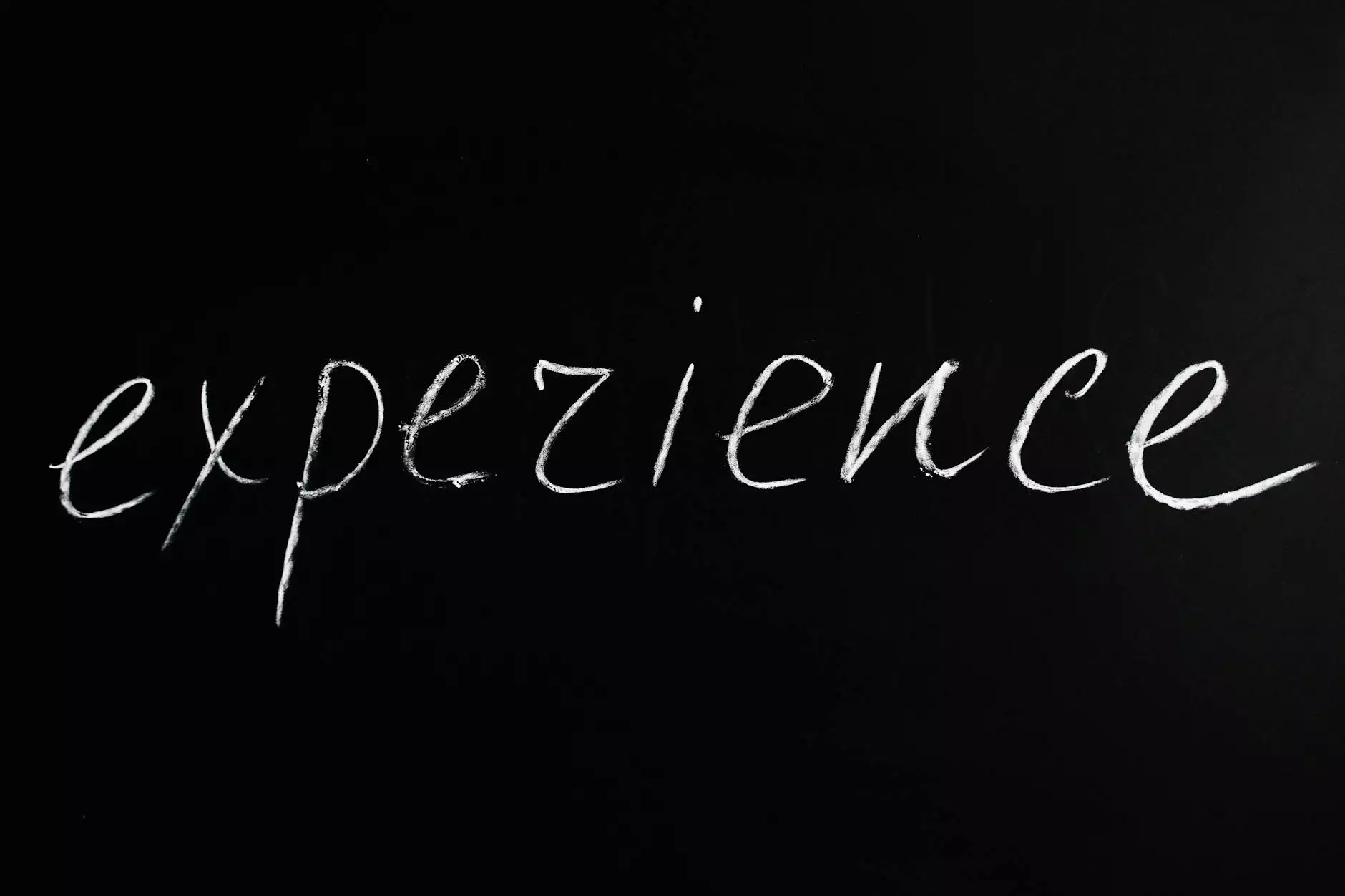Language Certifications - Enhance Your Language Skills

Why Language Certifications Matter
In today's interconnected world, language skills play a crucial role in personal and professional growth. Whether for travel, career advancement, or simply expanding your horizons, obtaining language certifications can open up a world of opportunities.
The Benefits of Language Certifications
Language certifications provide individuals with a recognized validation of their language proficiency. They not only enhance your resume but also demonstrate your commitment to continuous learning and self-improvement. Here are some key benefits:
1. Global Career Opportunities
With international businesses seeking multilingual professionals, language certifications can significantly boost your chances of landing a job. Companies value employees who can effectively communicate with clients and partners from different parts of the world. Holding a language certification can give you a competitive edge over other candidates.
2. Academic Advancement
Language certifications are highly regarded by educational institutions worldwide. They can pave the way for further academic opportunities, such as studying abroad or pursuing advanced language courses. Many universities require language certifications as proof of language proficiency for admission. Achieving a certification can unlock a range of educational possibilities.
3. Enhanced Cultural Understanding
Language certifications go beyond just language skills. They provide insights into different cultures, traditions, and perspectives. Learning a language involves immersing yourself in its culture. By obtaining a certification, you showcase your understanding and appreciation of diverse cultures, fostering better global understanding and communication.
4. Increased Confidence
Mastering a new language and earning a certification instills a sense of accomplishment and confidence. The process of obtaining a certification involves comprehensive learning, practice, and assessment. Each milestone achieved boosts your confidence in your language abilities, encouraging further growth and development.
Types of Language Certifications
There are various language certifications available, catering to different languages and proficiency levels. Some popular certifications include:
1. TOEFL (Test of English as a Foreign Language)
TOEFL is widely recognized as a measure of English language proficiency. It is accepted by universities and institutions worldwide, assessing reading, writing, listening, and speaking skills. Achieving a high TOEFL score can open doors to academic and professional opportunities.
2. IELTS (International English Language Testing System)
IELTS measures language proficiency for people who aim to study or work in English-speaking countries. It evaluates English skills across four sections: listening, reading, writing, and speaking. Many universities and immigration agencies require an IELTS score for admissions or visa purposes.
3. DELE (Diplomas of Spanish as a Foreign Language)
DELE is an internationally recognized certification for Spanish proficiency. It assesses language skills at different levels, from beginner to advanced. Obtaining a DELE certification can boost your employability in Spanish-speaking countries and enrich your cultural experiences.
4. HSK (Hanyu Shuiping Kaoshi)
HSK is a standardized Chinese proficiency test, widely used by educational institutions and employers in China. It evaluates listening, reading, and writing skills. A good HSK score can enhance your career prospects in Chinese-speaking environments.
Preparing for Language Certifications
Successfully obtaining a language certification requires dedicated effort and preparation. Here are some tips to help you prepare:
1. Set Clear Goals
Define your language learning goals and set a target certification level. Having clear goals will help you stay focused and motivated throughout the learning journey.
2. Immerse Yourself
Immerse yourself in the language as much as possible. Surround yourself with resources like books, movies, music, and language exchange programs. The more you immerse yourself, the faster you will progress.
3. Practice Regularly
Consistent practice is essential for language acquisition. Make it a habit to practice reading, writing, speaking, and listening regularly. Online language resources, language learning apps, and language exchange platforms can provide valuable practice opportunities.
4. Take Mock Exams
Mock exams simulate the real exam conditions and help you gauge your preparedness. Many language certification websites offer sample tests and practice materials. Taking mock exams will familiarize you with the exam format and identify areas that need improvement.
Conclusion
Language certifications play a critical role in today's globalized world. They open doors to exciting opportunities, enhance cultural understanding, and boost personal and professional growth. Whether you are aiming for an overseas job, further academic studies, or simply want to expand your language skills, obtaining a language certification can be a transformative experience. Start your language learning journey today and unlock a world of possibilities!



